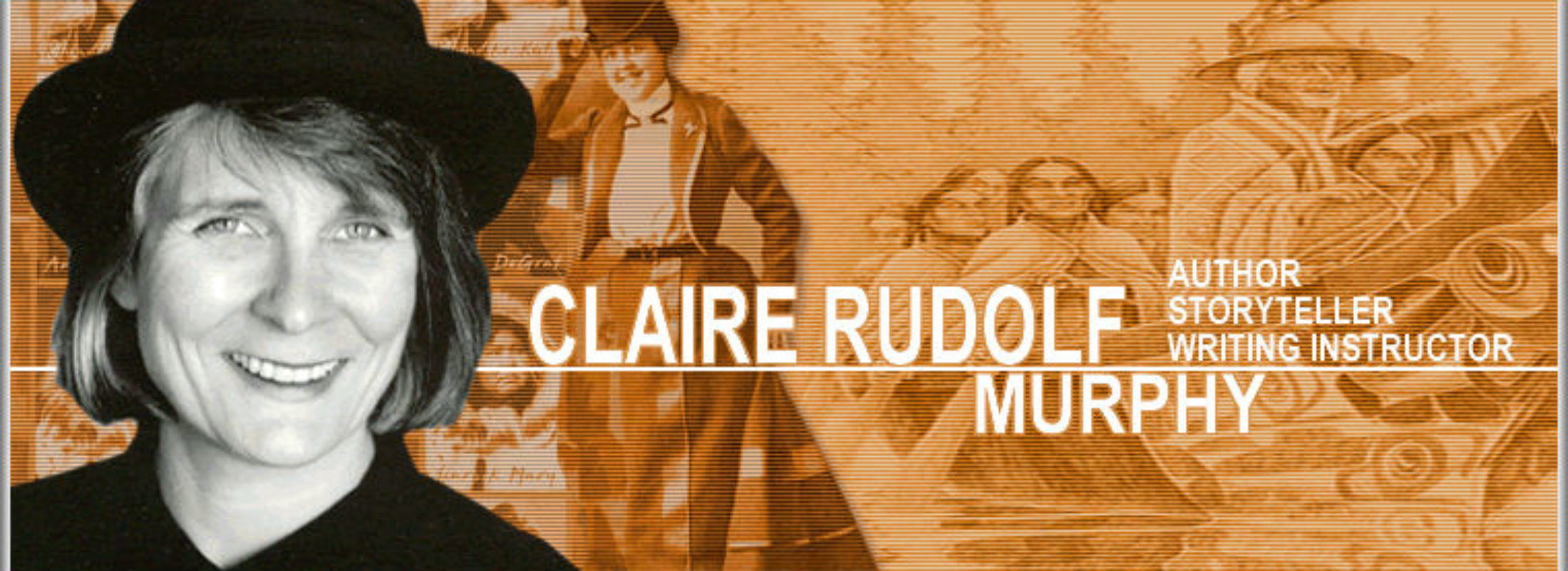 Read, read, read – in your chosen genre especially
Read, read, read – in your chosen genre especially- Set daily, weekly and monthly Goals
- Develop a thick skin – everybody suffers rejection
- Figure out What Makes You and Your Writing Unique
- Network – few writers can survive the jungle alone
- Study craft books on writing
- Attend writing classes
- Join a writing group in your town or online
- Follow a blog on writing
- Attend writing conferences to learn about craft and publishing
Questions from Writers Over the Years:
What skills do you need to make it as a writer?
A great imagination, willingness to revise, determination to not give up even when your work is rejected, a love of reading. Most important is the drive to write. There are definitely easier ways to make a living, so only write to publish if you are wild about it and will go to hell and back to make it happen.
Everyone can use journal writing as a way of understanding oneself and the world. Writing things down can make you feel a little less stressed. There are even research studies now proving that writing is an excellent form of therapy and it only costs your time.
How can you tell if you have what it takes?
Take it one step at a time. You don’t have to decide to be a writer forever, just decide that you want to try it. Work very hard on a story, poem, or essay and show it to other trusted writers. Start studying up on where you could submit it for publication. Revise and polish your piece, then send it to an editor who publishes the kind of writing you do. Over time you will know you’re on the right path if you get some positive responses from editors, even if they don’t accept your manuscript right away. Surrounding yourself with writer friends will help you see how they live and work.
Do you ever regret becoming a writer?
Hardly ever. Only during the times when I am feeling a little crazy about the writing business (Will my books stay in print? Will I ever make real money?) Or insecure – Will people really want to read what I have to write? Every writer I know feels this way sometimes. Writers open their souls to the world. It can be scary. Sometimes I procrastinate and don’t use my time well. But usually that’s a sign that I’m not sure what direction a story should go or what to work on. Sometimes I don’t want to revise. No matter what, I continue to write. I will never stop as long as I can hold a pen or type.
Where did you go to learn about writing?
I earned a Masters of Fine Arts in Creative Writing at the University of Alaska Fairbanks. But you can also learn to write by studying how books in your chosen genre are put together, taking short courses, joining a writing group, and writing, writing, writing on a regular schedule – without fail. Writing is hard enough. Without a daily commitment something else will always turn up to distract us.
Is it difficult coming up with ideas to write about?
NO! Once you start noticing the world around you, you will have too many ideas. Mine come from everywhere. I have to decide which are the most important to me because time is limited. Writing in my journal helps me figure that out. Sometimes I wonder if I will live long enough to get all my stories written.
What is the biggest challenge a writer faces?
For me, it’s to stop procrastinating and write. I want to write more than anything. I dream about it, talk about it, but sometimes I do everything but write – talk on the phone, do the dishes, clean my office … As Ernest Hemingway once said, “You’ve got to attach the seat of your pants to the seat of your chair and write.”
How long does it take you to write a book and how do you structure it?
You probably don’t want to hear this, but it takes me around 2-3 years to produce a book that is publishable. I’m the type of author who has to write many, many, many drafts before I get it right and all my books have involved some research, which takes time. Usually I am working on several book projects at once, though just one novel. I love to research so much that sometimes I want to start another book, just so I can learn more interesting things. But I have to keep that interest in the background and focus on the work at hand.
When I get an idea I start a manila folder and fill it with jotted down ideas and articles I collect. I put it away and add to it for months, sometimes years before I actually start a book. For fiction, I do character sketches and a brief chapter outline, which grows and evolves. When I start writing a novel I always think I know my ending, but in revision it usually changes in some way. Some authors do not work that way. They only know the main character or plot idea before they begin. I have lived with my story idea for a long time, so many characters and events have been brewing in my mind and journal.
For nonfiction I do a lot of research and then put together a proposal to sell to an editor. This will include an outline of people or events covered and some sample profiles/chapters. I never finish a longer nonfiction book until I have a company that wants to publish it. I do write complete drafts of picture books and novels before submitting.
Is it a problem not living near New York City where most of the publishers are located?
It would be great to be able to attend the panels and conferences in New York City and rub elbows with editors. But that’s not going to help if you don’t have a strong story. Regional and national conferences can also help writers network and meet agents and editors. I used to be intimidated by the NYC publishing world, but once you meet those who control your destiny, you realize they are just people, too. You can get published no matter where you live, if your work is high caliber. Nothing replaces that. Some editors will like your work, others will not. Sometimes it’s just personal preference.
If a writer is writing for children or young adults, how can she keep in touch with the sensibilities of a child or teen?
Spend time with young people by visiting classrooms, parks, churches, libraries, gyms, wherever children play or teens meet. Go on a field trip and taking your relatives out, getting into schools, observing children of all ages.
What single piece of advice would you offer new writers?
How about two? Read and write. Read everything you can in the genre you want to write in, whether it’s romance, mystery, picture books, young adult novels … Read the best books you can find and figure out what makes them great. And write, write, write. Nothing replaces the practice of the craft. No marketing advice in the world can get a poor piece of writing published. If a mediocre manuscript does get published, it won’t sell well and can ruin the opportunity for future projects.
No one can write like you. Remember that and get to work.
